Urgent
Abdullah bin Zayed receives phone call from Iranian Foreign Minister
 UAE advances space ambitions with major milestones in 2025
UAE advances space ambitions with major milestones in 2025
 Sharjah Ruler forms Al Hawami District Council
Sharjah Ruler forms Al Hawami District Council
 Sharjah Ruler forms Al Hamriyah District Council
Sharjah Ruler forms Al Hamriyah District Council
 Sharjah Ruler forms Al Rahmaniya District Council
Sharjah Ruler forms Al Rahmaniya District Council
 Sharjah Airport strengthens readiness for peak winter travel season
Sharjah Airport strengthens readiness for peak winter travel season
 Magnitude 2.9 earthquake hits southern Musandam
Magnitude 2.9 earthquake hits southern Musandam
 Saudi Arabia’s non-oil exports up 32.3% in October
Saudi Arabia’s non-oil exports up 32.3% in October

 UAE advances space ambitions with major milestones in 2025
UAE advances space ambitions with major milestones in 2025
 Sharjah Ruler forms Al Hawami District Council
Sharjah Ruler forms Al Hawami District Council
 Sharjah Ruler forms Al Hamriyah District Council
Sharjah Ruler forms Al Hamriyah District Council
 Sharjah Ruler forms Al Rahmaniya District Council
Sharjah Ruler forms Al Rahmaniya District Council
 Sharjah Airport strengthens readiness for peak winter travel season
Sharjah Airport strengthens readiness for peak winter travel season
 Magnitude 2.9 earthquake hits southern Musandam
Magnitude 2.9 earthquake hits southern Musandam
 Saudi Arabia’s non-oil exports up 32.3% in October
Saudi Arabia’s non-oil exports up 32.3% in October



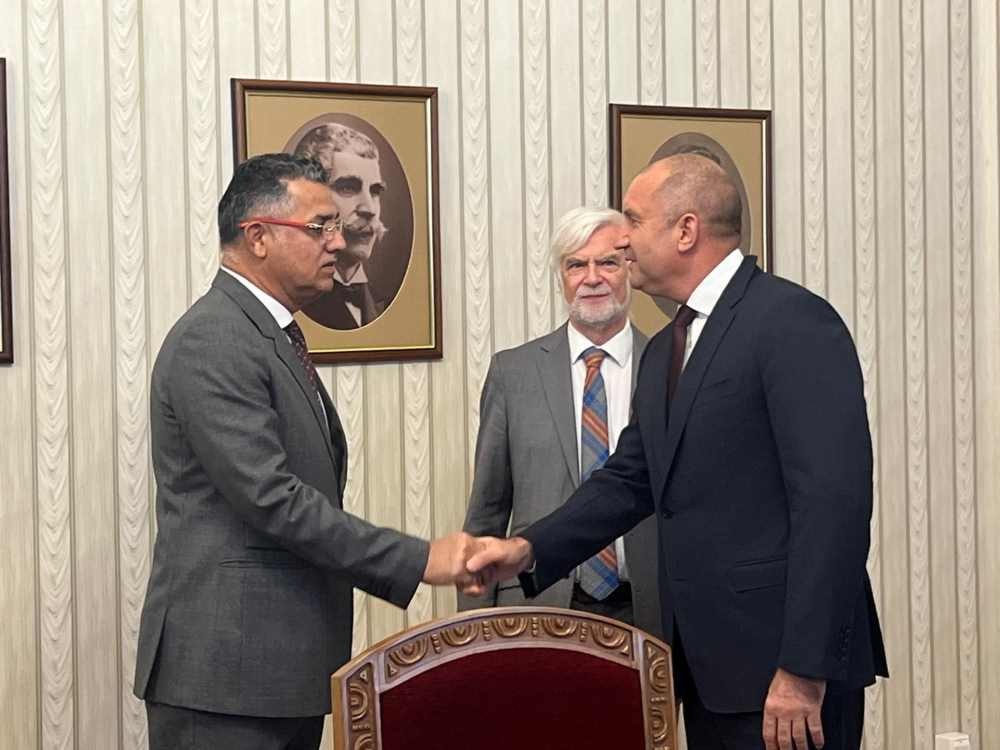



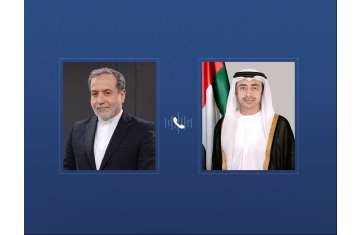
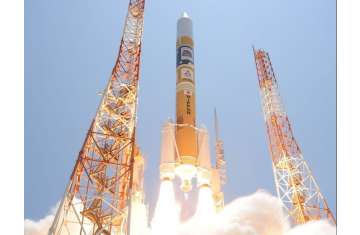
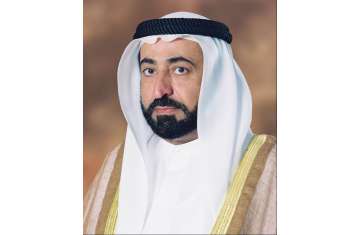
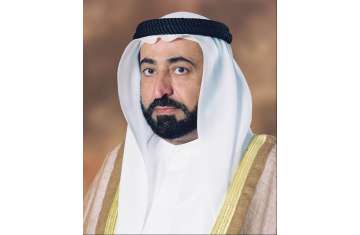
Comments